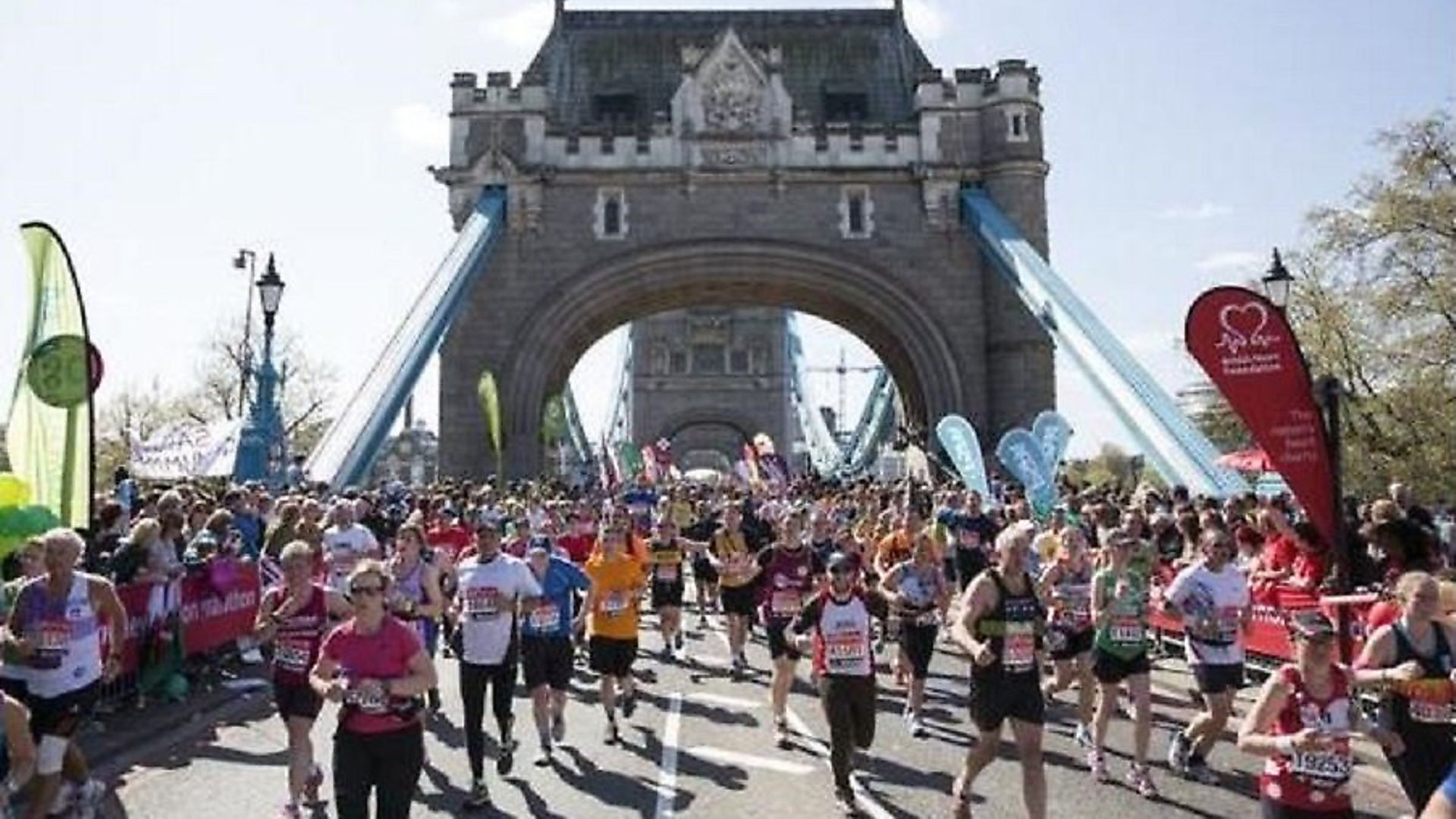
It provided the inspiration – and name – for the race, but Greece’s Marathón also has a fascinating linguistic history. PETER TRUDGILL reports.
The men’s race at the Athens marathon (marathónios in Greek) was won this year by the Kenyan athlete Misoi Brimin Kipkorir of Kenya, in two hours 10 minutes and 56 seconds; the women’s race was also won by a Kenyan, Muriuki Shelmith Nyawira.
The Athens marathon advertises itself as ‘The Authentic’, on the grounds that it is run along the route of the ‘original marathon’. In 490 BC, the Greeks defeated the Persians on the Plain of Marathón against enormous odds, and the messenger Philippides was sent immediately to cover the distance of approximately 40 kilometres from there to the Athenian assembly to bring news of this great and unexpected victory.
He supposedly ran the entire distance without stopping and burst in on the Assembly crying Nenikekamen! – ‘We have been victorious’. A Modern Greek equivalent to this might be Nikísame!; and in both these verb forms you can see the Ancient Greek root níke (Modern Greek níki), ‘victory’ – a word which has now been appropriated by an American multinational sporting goods corporation which you may have heard of. To the Ancient Greeks, Nike was the Greek goddess who personified victory.
When the Olympic Games were revived in Greece in 1896, someone had the brilliant idea of including a long-distance race along the route that had so famously been followed by Philippides nearly 2,400 years before. That turned out to be an extremely popular decision – hundreds of marathon races are now run in different parts of the world every year.
The modern Athens marathon is ‘authentic’ in that it is run along the same route that was followed by the original Olympic marathon in 1896. But whether it is authentic in any other sense is not at all clear.
There is no contemporary 5th century BC documentary evidence of anyone having run non-stop to Athens from the battlefield at Marathon. And even if someone did accomplish this feat, it is far from certain that his name was Philippides. The Greek historian Herodotus made no mention of this deed; and the earliest surviving written mention of the event comes from the work of Plutarch, who was writing about it 600 years later. Modern historians tend to be rather sceptical about the historical validity of the story. Its status is, perhaps, rather that of a legend.
There is no doubting the authenticity, however, of the Battle of Marathon itself. The coastal Plain of Marathón, where it was certainly fought, seems to have taken its name from the fennel which grew in abundance in the area: in Modern Greek, the word máratho means ‘fennel’. The modern-day town itself is called Marathónas.
Ironically for a place so closely associated with the glories of Ancient Greece, Marathónas was, for many hundreds of years until rather recently, more or less entirely Albanian speaking. This is true of most of the villages in a large arc around Athens and Thebes (Greek Thiva), stretching down into the Peloponnese peninsula and out to some of the islands such as Hydra. The migration of large numbers of Albanian speakers into these areas began around 1300 and continued for two or three centuries. In some cases it seems that they were invited to settle in areas which had become underpopulated because of plague or warfare.
When I investigated the linguistic situation in Marathónas in the 1970s, a good half of the population spoke Albanian in their everyday lives, although all except the very elderly were bilingual. Today, Arvanítika – as the language is referred to in that part of Greece – still has many of thousands of speakers in the Athens area, but it is endangered, as younger people shift to the national language, and villagers migrate to towns. Unlike the Persians, the Albanians have not been defeated. But today they certainly think of themselves as Greek, and their language is gradually disappearing from the Plain of Marathon.
Fennel
Greek etymologists seem not to know where their word marathó, ‘fennel’, comes from, suggesting simply that it was borrowed from some other language, unknown. At least we know that the English word comes from Latin faeniculum, the diminutive of faenum, ‘hay’, perhaps because of fennel’s feathery leaves. Italian finocchio comes from the same source.










